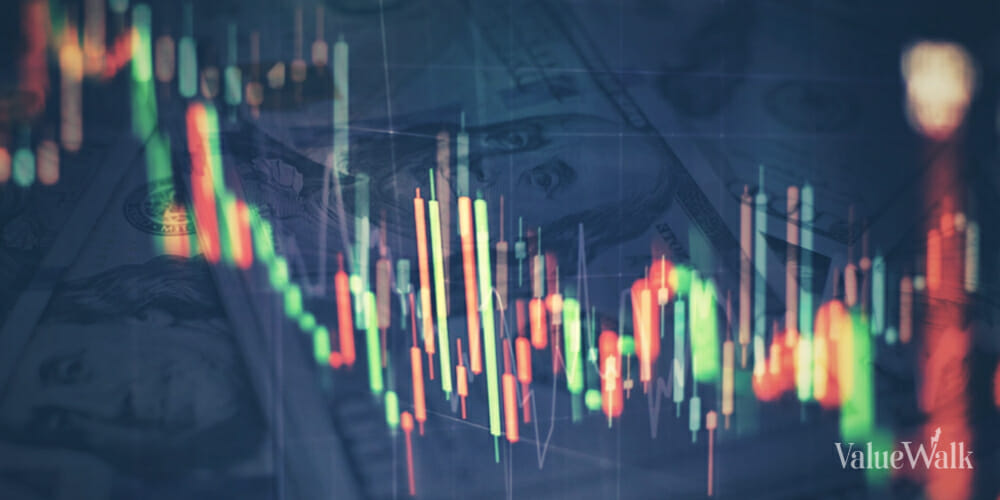Over the last 15 years there have been two recessions: one of the longest, the Great Recession, which ran from December 2007 to June 2009, and one of the shortest, the pandemic recession from March to April 2020.
Some argue that the first two quarters of 2022 constituted a recession because the economy shrank, as measured by a negative gross domestic product (GDP) in both quarters. However, the National Bureau of Economic Research (NBER) is the authority on such things and did not deem it as such, after taking into account other factors.
In the last 50 years, there have been seven recessions, dating back to the oil crisis in 1973. While it is impossible to know when the next will hit, it is possible to prepare your long-term portfolio for that eventuality by considering stocks that will zig when the market zags. Here are two of the best stocks to boost your overall returns in the next recession.
Beating the market in recessions
While there is no cookie-cutter definition of a good recession stock, there are a few commonalities. First, they typically come from industries that offer products or services that are essential, whether the economy is good or bad. This includes stocks in industries like insurance, healthcare, utilities, communication services, and consumer staples, which are products that are necessities like soap, groceries, and household goods, to name a few.
Another type of stock to buy in a recession would be those from companies that offer goods and consumer staples at a discounted price. Of course, people don’t have extra discretionary income to spend during a recession.
Two stocks that stand out as great options come from this second category: Walmart (NYSE:WMT) and McDonald’s (NYSE:MCD). These are two of the greatest brands in American commerce as long-time leaders in their respective industries. Additionally, they both have a history of outperforming during recessions.
In the Great Recession, which hit the market the hardest in 2008, both of these stocks were up big. In 2008, the S&P 500 dropped a whopping 38%, marking the worst year for the benchmark since the Great Depression in the 1930s.
Walmart, the world’s largest retailer, was up 20% in 2008, as shoppers found the low prices of the big-box store essential in tough times. In the 2020 recession, Walmart was one of the few stores that remained open, and its workers and services were deemed essential.
That year, Walmart stock jumped 23%, beating the S&P 500, which gained about 16%. Then in 2022, when the nation was dealing with the highest inflation rates in 40 years, Walmart outperformed the market again, with its stock price flat for the year while the S&P 500 was down 19%.
The same pattern holds for McDonald’s, the world’s largest fast-food chain. McDonald’s stock price was up by about 9% in 2008, 11% in 2022, and roughly 1% in 2022. The reasons were similar to those for Walmart’s outperformance, in that its low-cost meals provided better value when people were more cost-conscious.
Outperforming over the long haul
These stocks have shown the ability to lift a portfolio during the last three recessionary periods, but they also have good long-term returns that beat the markets.
Dating back to Dec. 1, 2007, the approximate start of the Great Recession. McDonald’s has posted an average annualized return of 10.1%, while Walmart has posted an annualized return of 8.2% over that same period. Since then, the S&P 500 has an average annualized return of 7.2%.
The numbers look even better when you consider their returns with their dividends reinvested. McDonald’s has posted an annual return of 13.2%, while Walmart is at 10.6%, and the S&P 500 is 9.4%.
In fact, that’s the other benefit of these stocks: their consistent dividends. Walmart has increased its dividend for 50 straight years, while McDonald’s has done so for 48 years in a row. That is a sign of stability in good times and bad.
Both stocks have positive returns year to date in 2023 and have consensus buy ratings among Wall Street analysts. With economic uncertainty expected in 2024, it might not be a bad idea to consider either one of these stocks in a diversified portfolio.
Disclaimer: All investments involve risk. In no way should this article be taken as investment advice or constitute responsibility for investment gains or losses. The information in this report should not be relied upon for investment decisions. All investors must conduct their own due diligence and consult their own investment advisors in making trading decisions.





